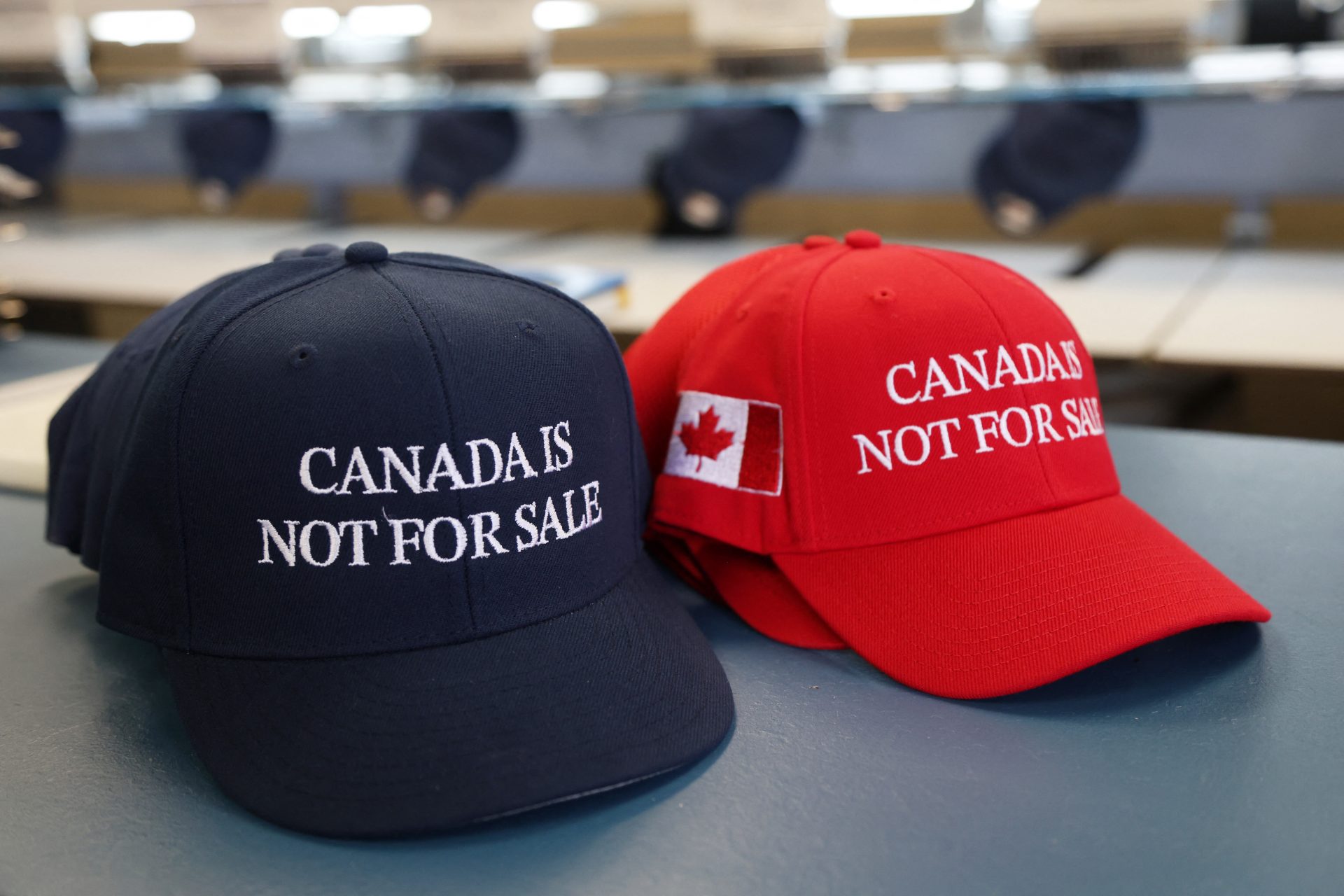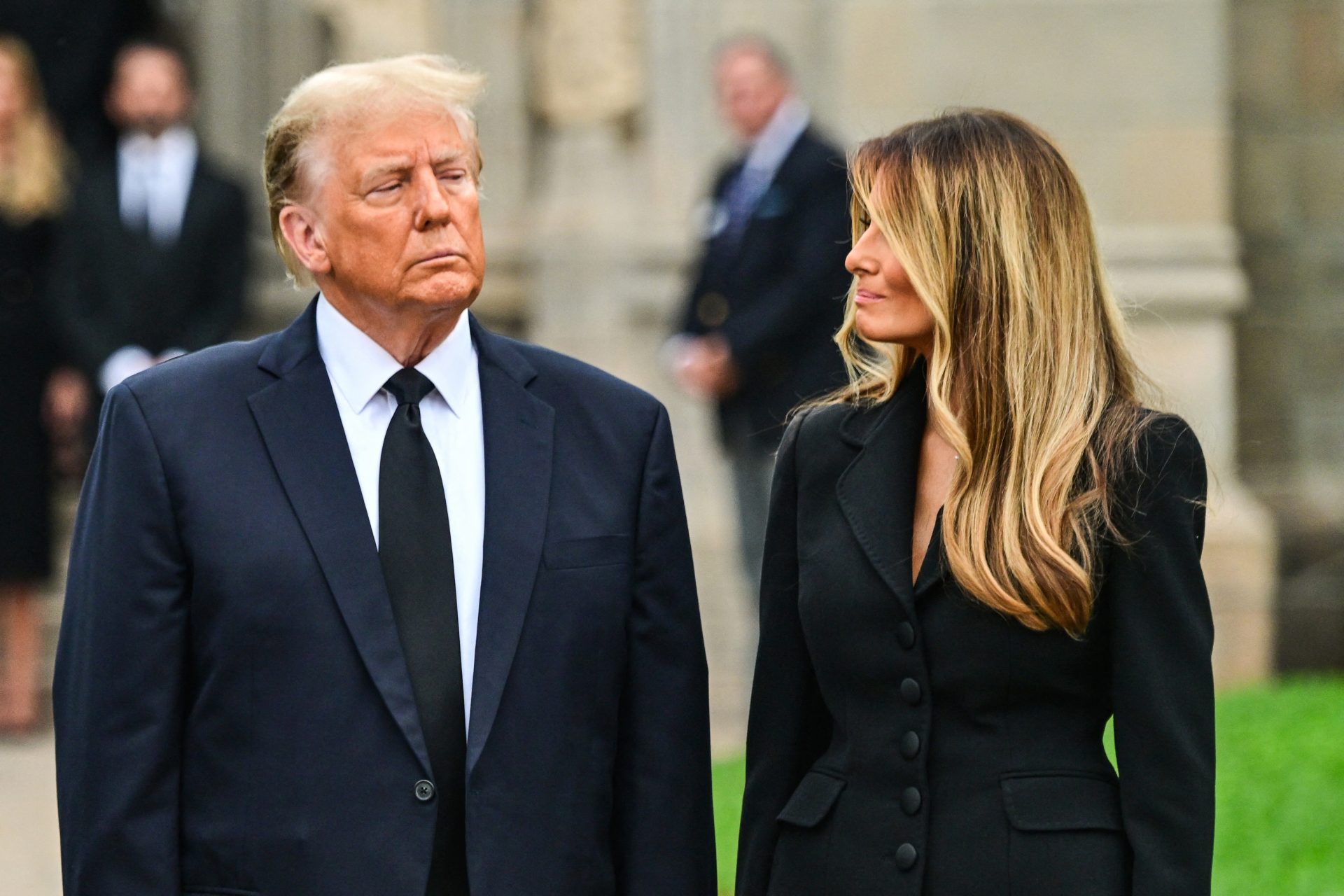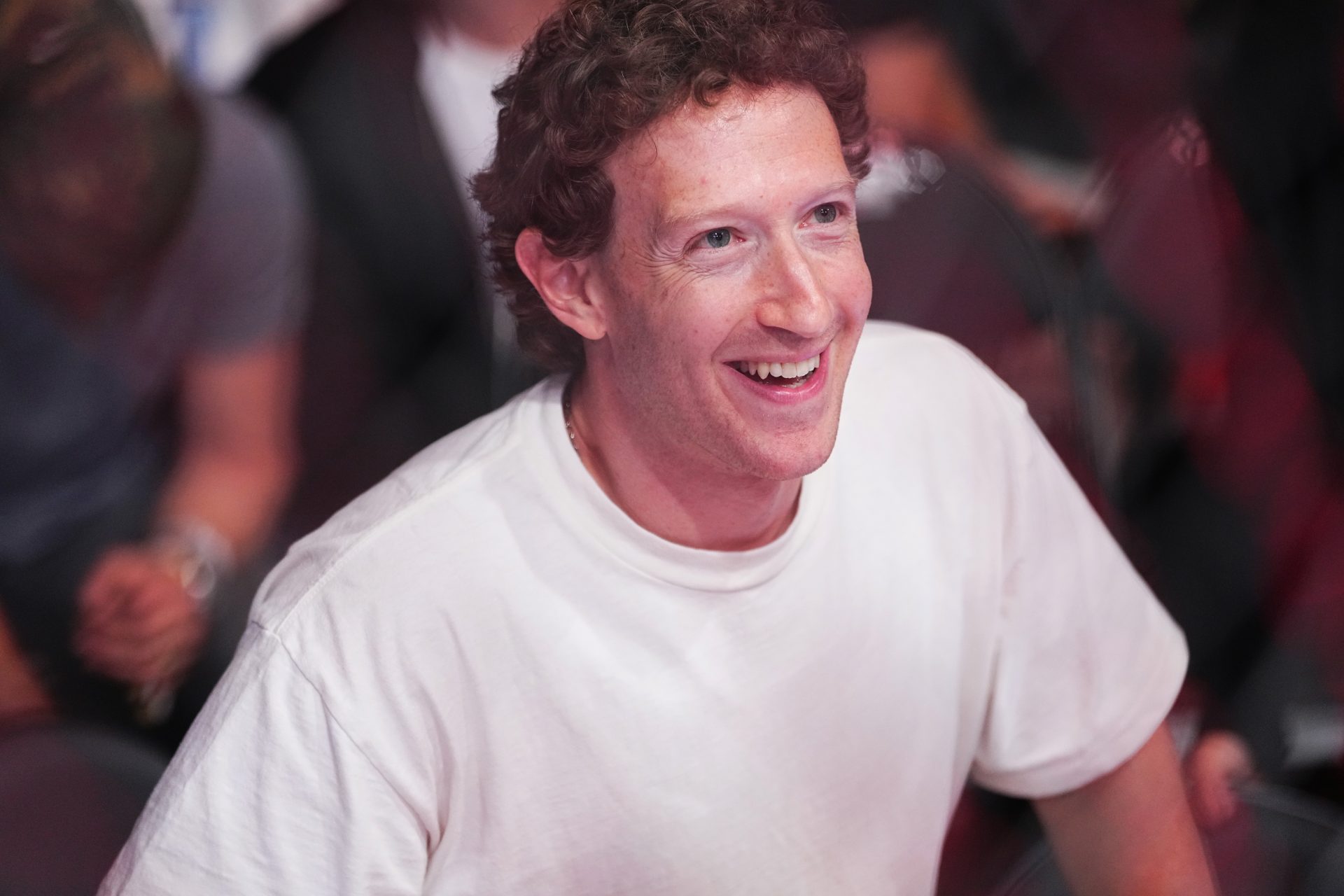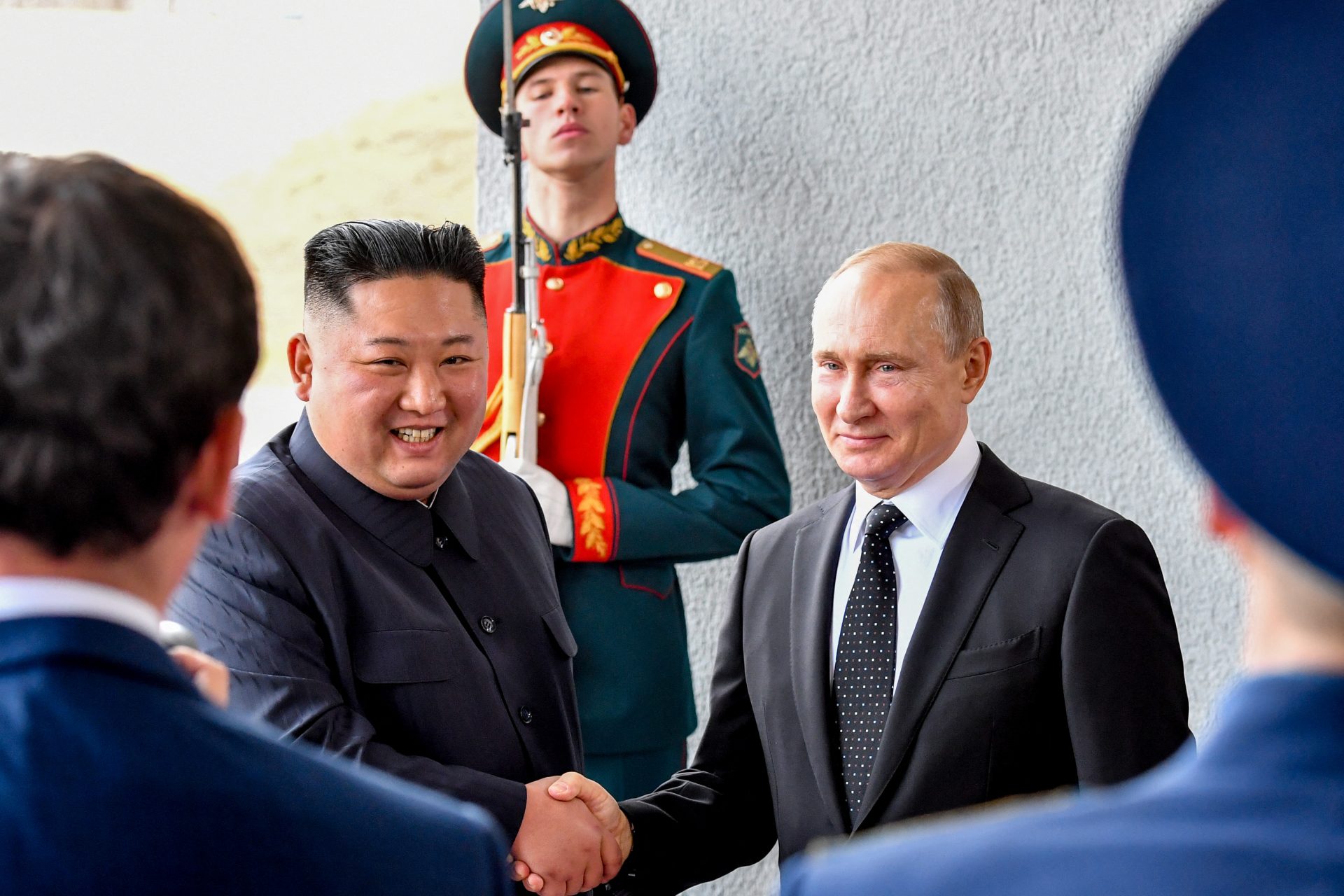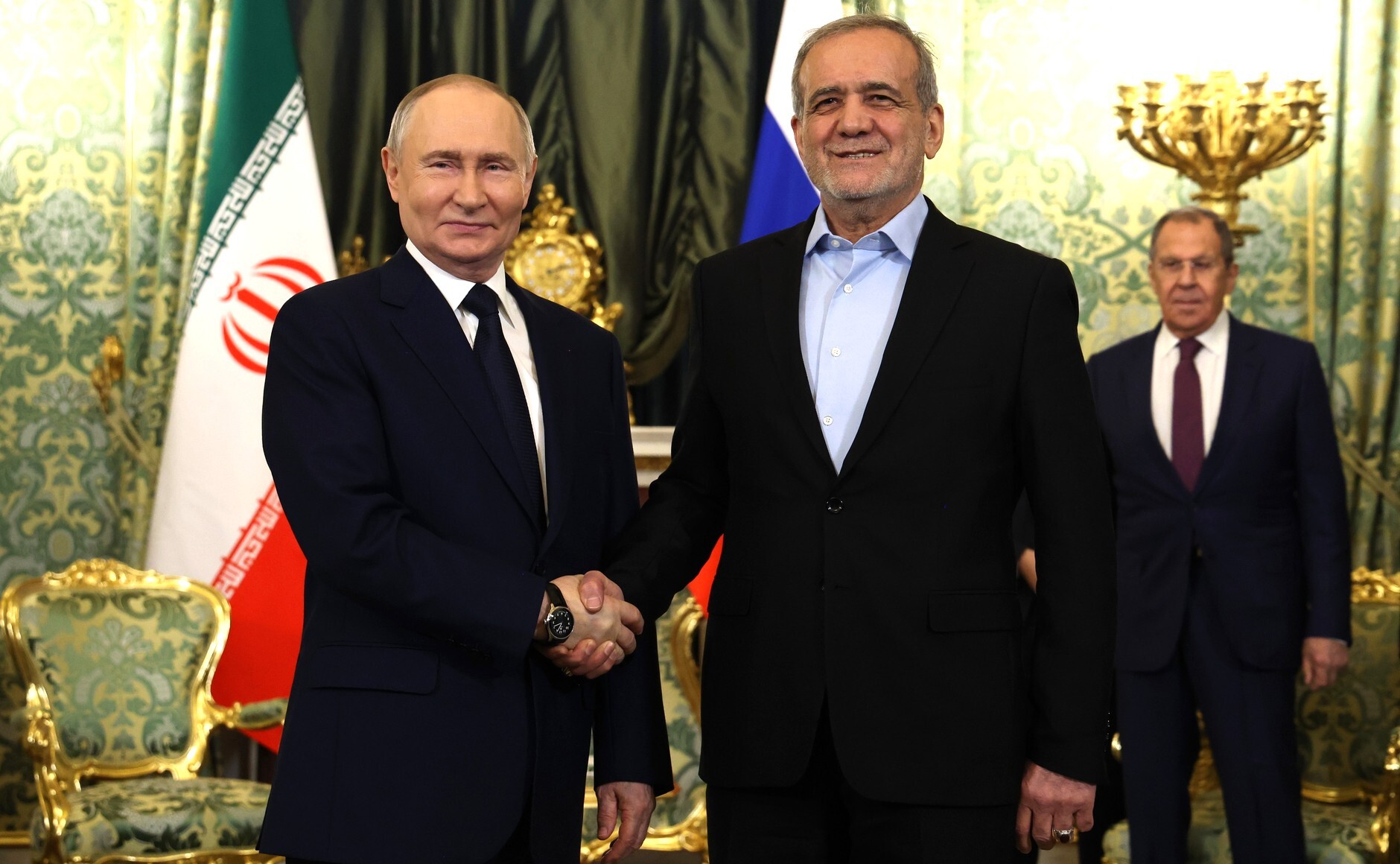Ice Cream and International Politics: AQP sues Ben & Jerry's and Unilever over Israel sales ban
The Israeli distributor of Ben & Jerry's ice cream, American Quality Products, announced on May 12 that it is suing the ice cream company along with its parent company Unilever over the decision to stop selling ice cream in Israel.
American Quality Products (AQP) released a statement about Ben & Jerry's "unlawfully terminating its 34-year business relationship in order to boycott Israel." AQP hopes that a US federal court will deem the termination illegal and thus allow the company to continue to sell the popular ice cream brand Israel.
The lawsuit filed in New Jersey by AQP claims that Unilever, who owns Ben & Jerry's, is breaking Israeli law by allowing American Quality Products to only sell the ice cream in certain parts of Israel.
In a press release Avi Zinger, the owner of AQP, said, "Ben & Jerry's and Unilever's actions are misguided, unlawful, and immoral. Boycotting Israel should come with a heavy price tag, and therefore, we are taking Unilever to court."
Zinger (pictured) continued, "There is still time to do the right thing. Renew my license and leave ice cream out of the political debate."
Ben & Jerry's began its business relationship with Israel in 1987. However as tensions in the region have increased, the company found itself under scrutiny for conducting business in Israel.
CNN Business reported that Ben & Jerry's declined to comment on the lawsuit and that Unilever had not yet responded to a comment request. Click on to read more about how and why Ben & Jerry's decided to pull sales in Israel.
Ben & Jerry's is clearly not your average ice cream brand. Its founders (Ben Cohen and Jerry Greenfield) have given their company a very powerful ideological stamp that comes from their hippie origins. Ben & Jerry's is involved in progressive causes and has now made a controversial decision.
Last year Ben & Jerry's announced that it would stop distributing its products in the “occupied Palestinian territories,” which they announced on their social media accounts. It thus joins the BDS (Boycott, Divestment, Sanctions) campaign, in which pro-Palestinian groups promote the boycott of Israel by companies, artists, and institutions.
The Israeli government was quick to label Ben & Jerry's decision "immoral and discriminatory." This is a recurring debate: is it legitimate to punish the Israeli population (in this case without ice cream) over their government's treatment of the Palestinian people?
But Ben &Jerry's is not a neutral ice cream brand. The company's motto is 'Peace, Love & Ice Cream,' an obvious tribute to the fabulous 60s, a revolutionary moment to which its founders feel very attached.
Ben Cohen and Jerry Greenfield lived through the 60s intensely. They were hippies, and, as early as 1977, they took a correspondence course to learn how to make ice cream.
They started with a store in Burlington (in Vermont) located above a gas station. But they quickly achieved success and expanded the number of stores. They instituted the celebrated 'Free Ice Cream Day' in honour of their company's anniversary.
Ben & Jerry's has been involved in numerous campaigns as a brand: in favour of the environment, against racism, in defence of LGBTQ + rights… They honoured Obama with the ice cream called 'Yes. Pecan '. Their ideological position is clear.
Ben & Jerry's was sold to the multinational Unilever (owner of Nestlé, Kraft Foods, etc.) But Ben Cohen and Jerry Greenfield retain the management of the brand when it comes to philosophy. And that is why the decision not to sell their products in East Jerusalem and the West Bank has not required the approval of the multinational.
Ben & Jerry's decision seriously worries the Israeli government because it is a triumph of the BDS (Boycott, Divestment, Sanctions) campaign. It is alarming that a large brand is joining a movement that, until now, had only attracted militant artists and small firms.
Israel already faces a problem, with companies feeling reluctant about opening establishments in what is called the "occupied territories" by Israel in Palestine.
Ben & Jerry's decision has had a very intense propaganda and image impact. Both founders of the brand know this, and they don't want to give up the entire Israeli market either. Their ice cream will continue to be sold outside of Gaza and East Jerusalem.
In any case, the curious thing about Ben & Jerry's sale agreement with the giant Unilever is that Ben Cohen and Jerry Greenfield are not included in the economic management of the brand but maintain control over the philosophy, image, and policies of their creation. Pictured: Ben Cohen and Jerry Greenfield supporting Bernie Sanders.)
And, thus, Ben & Jerry's (beyond the excellence of its ice creams) continues to represent an icon of progressive culture in the United States and the world. In this case, to the chagrin of pro-Israel public opinion.
And, in a way, Ben & Jerry's also represents America's corporate freedom, which includes free speech applied to brands.
Ice cream has crept into the tragic conflict between Israel and Palestine.
Be that as it may, we hope that Israel and Palestine find peace one day and we see the return of Ben & Jerry's ice cream to all territories.
More for you
Top Stories


























